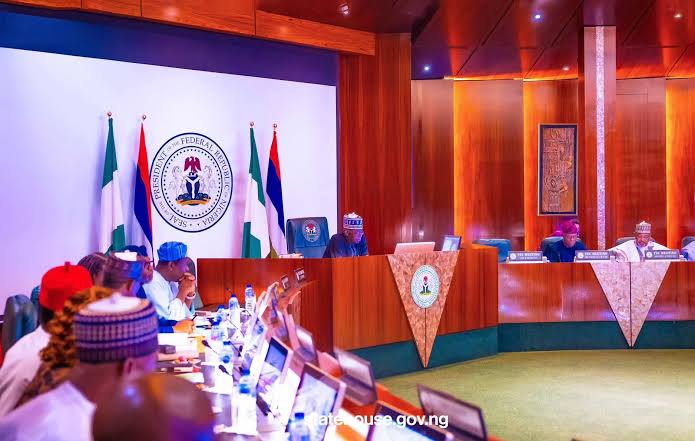The Corporate Accountability and Public Participation Africa (CAPPA) has commended the Federal Government’s decision to develop a draft policy that will earmark revenues from excise taxes on alcohol, tobacco, and sugar-sweetened beverages (SSBs) for health financing.
It described the initiative as a decisive opportunity for the President Bola Ahmed Tinubu administration to leave a legacy of sustainable funding for Nigeria’s fragile healthcare system and to protect the health of Nigerian citizens.
Speaking at a recent national health-financing dialogue in Abuja, Mr. Taiwo Oyedele, Chairman of the Presidential Fiscal Policy and Tax Reforms Committee, disclosed that the Federal Government is finalising a draft policy to channel excise-tax revenues from alcohol, tobacco, and sugary drinks into health financing. According to him, the policy will soon be submitted to the Minister of Health and Social Welfare.
Responding to the disclosure in a statement on Monday, CAPPA referenced local and World Health Organisation (WHO) reports showing that Nigeria is reeling from grossly inadequate public health financing and grappling with the double burden of non-communicable diseases (NCDs), fuelled by the excessive consumption of sugar-laden beverages, salt, tobacco and alcohol by citizens.
These diseases, it added, were responsible for nearly 30 per cent of all deaths in the country, making the situation a public health emergency.
By initiating the draft policy, the FG has demonstrated commitment towards tackling the upsurge of NCDs in the country, CAPPA said.
It urged the government to take comprehensive action, not only by earmarking SIN Taxes but also by adopting the recommendations of the WHO and CAPPA to make the taxes effective. This would involve benchmarking them on rates high enough to reduce consumption, encourage product reformulation, and ultimately ease the country’s health burden.
The WHO had recently advised Nigeria and other member states to raise the prices of sugary drinks, alcohol, and tobacco by 50 percent through taxation over the next decade, as a means of curbing NCDs. The organisation expressed confidence that such measures would cut consumption of these harmful products, which contribute to illnesses such as diabetes and cancer, while also generating critical revenue for public health. The call was part of its “3 by 35 Initiative,” a global effort, which, according to the WHO, comes at a time when health systems are under immense strain from rising NCDs, shrinking development aid, and mounting public debt.
NCDs, including heart disease, cancer, and diabetes, account for over 75 percent of all deaths worldwide, and, according to the WHO, a one-time 50 percent price increase on these products could prevent 50 million premature deaths over the next 50 years.
Akinbode Oluwafemi, Executive Director of CAPPA, applauded the Tax Reforms Committee’s courage and vision in drafting the policy but cautioned that unless the health taxes are raised to an effective threshold, the policy will not achieve its intended goal.
“We commend the government for proposing to earmark the revenues from SIN tax to public health, as long advocated by WHO, CAPPA and other pro-public health civil society organisations in Nigeria. However, we must emphasise that in the case of sugary drinks, the impact of this draft policy will only be maximised if Nigeria significantly raises SSB tax from the current N10 per litre to at least N130 per litre, adjustable to inflation.
“CAPPA has consistently recommended, based on available evidence and in-depth research, that the current N10 per litre excise duty—introduced under the 2021 Finance Act—is grossly inadequate. At N10, the tax represents only about N3.33 on a N300, 50cl bottle, less than 1 percent of the retail price. Such a token measure cannot meaningfully discourage excessive consumption or generate substantial revenue,” Oluwafemi stated
He added: “By contrast, an increase to a minimum of N130 per litre would generate up to N729 billion annually, according to expert analysis by the Centre for the Study of the Economies of Africa (CSEA). This revenue could offset the estimated N493.3 billion Nigeria currently spends each year treating SSB-related diseases such as diabetes and cardiovascular conditions.
“It would help curb the rising prevalence of NCDs, which already account for nearly 30 percent of deaths nationwide and threaten to overwhelm health facilities. It would also encourage product reformulation, pushing beverage manufacturers to reduce sugar content and, in turn, promote healthier diets.”
Furthermore, the NGO advised the government to expand and strengthen tobacco and alcohol taxes, ensuring rates are sufficiently high to discourage harmful consumption.








